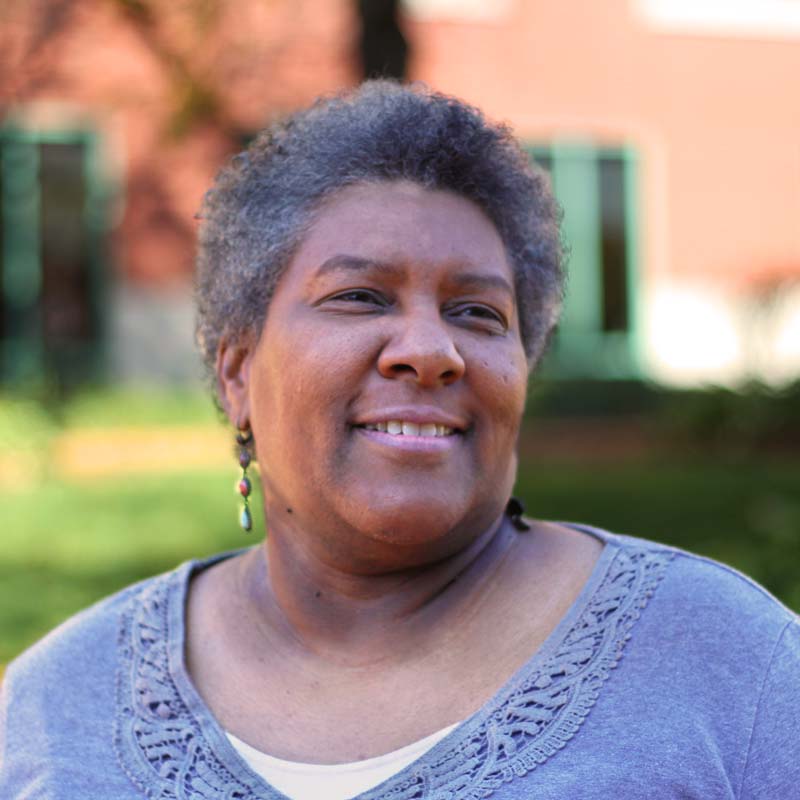Growing up, the priorities in our family were food, shelter, and utilities. Going to the doctor was only on the list if there was serious illness. Preventative care, with the exception of required immunizations, didn’t seem to be a thought. It was only when my younger sister was consistently lethargic, almost non-responsive, that my mother knew something was wrong and took her to the community clinic. Later that day she was hospitalized with dangerously out-of-control juvenile diabetes.
In my adult life, going to the doctor and health care took backstage to everything else. Taking care of myself was just not a priority. Sadly, this mindset affected my health. I wonder if I would be in better health now had I been more vigilant about my health care in the past.
Now I realize that just as my parents’ view of health care was passed on to me, I have been sending a potentially dangerous message to my own children. Just this past year my thoughts about health care and habits have changed. I am making my health a priority.
In addition to making appointments for routine checkups (and keeping them), I am beginning to look for ways to become more active. I have set goals to develop more healthy eating habits, and also have plans to talk to my adult daughters about ways they can make their health a priority in their lives.
It is so important to take responsibility for our own health, and an essential piece of that is preventative health care. Just like in so many other parts of our lives, we must be our own best advocate when it comes to self-care. Doors can be opened creating better access to care, yet the desire to utilize what is offered must be fueled from within.
As we look at health, considering barriers to health equity and access to care, I am choosing to remove myself as the first barrier.
I believe one of the greatest gifts to those we love is giving them our most healthy self, physically, mentally, and emotionally.
Miriam Stevens is a program assistant at Missouri Foundation for Health.



